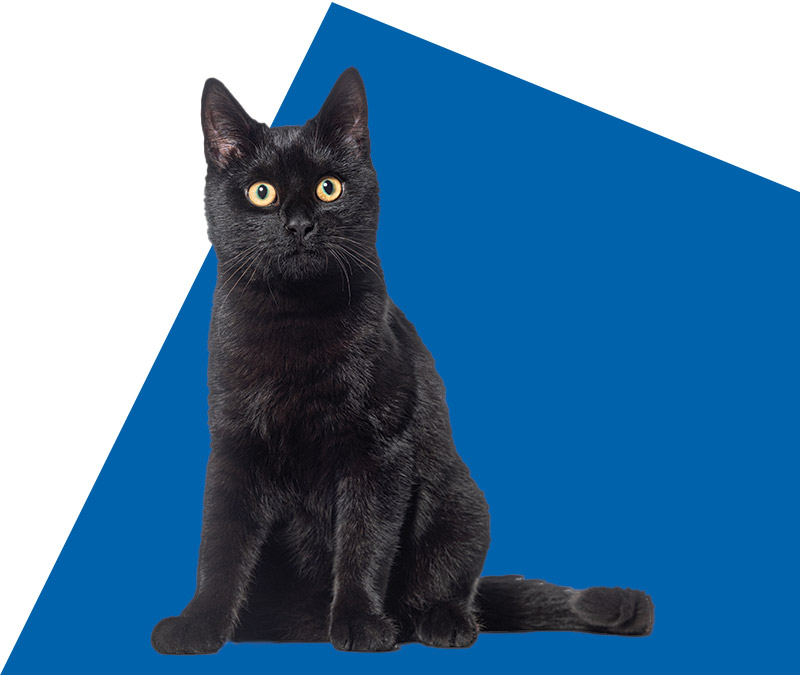HOMEMADE DIETS FOR PETS IN WEST LINN, OR
Why Homemade
Some clients opt to make their pet’s food from a desire to use all organic ingredients and support local farmers, others because of concerns over pet food manufacturing practices and outsourcing. There are also medical reasons for a homemade diet. For pets with food allergies or intolerances, clients can prepare diets using only those proteins and glycoproteins their pet handles well, and avoid additives and preservatives that may cause reactions. For pets with multiple medical conditions not served by one diet, a homemade recipe can accomodate these needs. And for pets who won’t eat their prescribed diet, a homemade diet can be formulated to provide the therapeutic effect in a more palatable form.

Nutritional Concerns
It is crucial to have your pet’s homemade diet formulated or evaluated by a certified veterinary nutritionist. Most recipes in books and on the internet are not properly balanced for the lifestage and breed of the pet, resulting in nutrient deficiencies or excesses that may take years to manifest. And most vitamin/mineral supplements recommended in these recipes are either made for humans (and are therefore inappropriate for animals) or made for animals eating commercial diets that already contain additional nutrients (and are therefore insufficient for animals on homemade diets). Pets on homemade diets should also receive frequent physical exams, bloodwork and fecal tests to track health.
Once a homemade diet has been designed, it should be followed without any changes or substitutions, as even the smallest alteration may have significant consequences.
Getting Started
To find a certified veterinary nutritionist, consumers can contact the American College of Veterinary Nutrition (ACVN); their website is www.acvn.org and contains information for the general public as well as referring veterinarians. Consumers can also set up a consult with Dr. Rebecca Remillard (ACVN certified) at www.petdiets.com. An inexpensive option for pets with no medical problems iswww.BalanceIt.com which provides simple recipes with appropriate pre-made supplements, but for pets with any medical concerns a full nutritional evaluation is needed. For clients already feeding a favorite recipe, it can be submitted to a nutritionist for review to ensure proper balance. A nutritionist should also be consulted for commercial diets that don’t mention adherence to AAFCO nutrient guidelines or completion of AAFCO feeding trials; the manufacturer should be able to provide a complete analysis of their diet that the nutritionist can then evaluate (or the food can be sent to an outside laboratory for complete nutrient analysis). Once a homemade diet has been designed, it should be followed without any changes or substitutions, as even the smallest alteration may have significant consequences.
A Word on Raw
Raw meat diets are not recommended by nutritionists because of the potential for contamination by pathogenic (disease-causing) organisms such as Salmonella, Campylobacter, E. coli and many others. This risk is the same for raw frozen meats, since freezing does not kill bacteria. Even if a dog or cat does not get sick from eating contaminated meat, they can shed the organisms through their feces and also spread them by touching things with their mouths after eating a contaminated meal. This presents a risk to any animals and humans sharing the environment who may have immature or compromised immune systems (including patients being visited by therapy dogs). Clients feeding raw meat should observe proper hygiene, including storage of meat away from human consumables, disinfecting all kitchenware and preparation surfaces immediately after use, discarding any food not eaten at mealtime, thawing frozen meat in the refrigerator, and washing hands thoroughly after handling food or cleaning feces.

